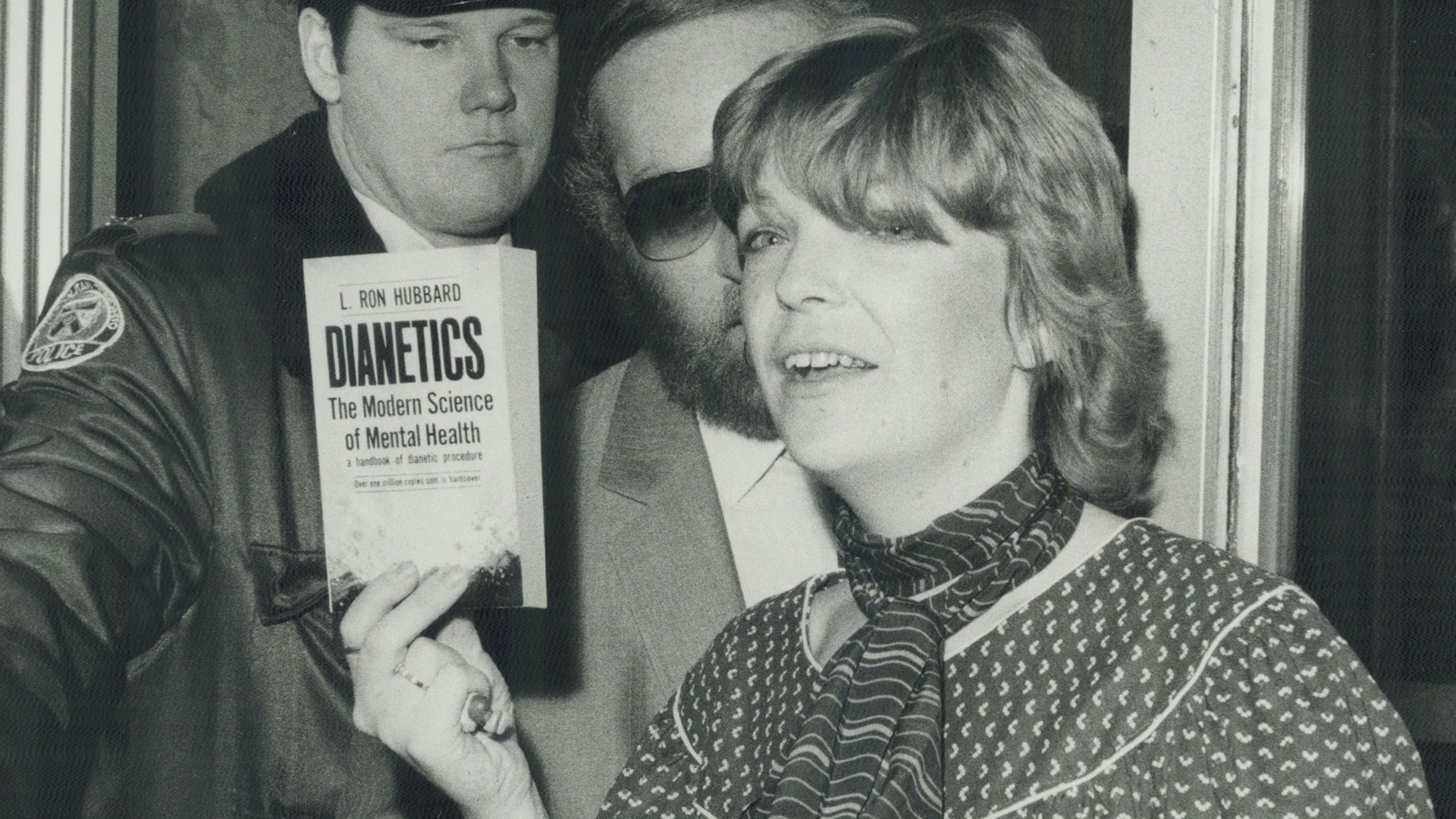The smart Trick of Dianetics That Nobody is Discussing
Table of ContentsDianetics for BeginnersWhat Does Dianetics Do?The 6-Second Trick For DianeticsSee This Report on Dianetics
I couldn't ever not desire to obtain anything that enters your mind for you- if it was otherwise, I would not be resting right here with you, doing this. I not just could never have a problem, or otherwise intend to listen to something that enters your mind for you, but I'm entirely excited to know every concept, every thought, every photo or feeling that arises or materializes for you- don't ever assume or else, and if somehow you do, please simply let me recognize! Occasionally, you might have a thought, and image, concept or incident appear that does not seem to answer the concern, or relate to it, yet nevertheless, always do inform me about it, and as we proceed, the importance will certainly emerge for you.This is fundamental in the basis of handling, and the topic of this conversation: the basic duties of the counselor and the client: The basic duty of the counselor is, in contrast to "conventional training", not to control, which means to implement and/or inhibit, however to rather function from the basis of EMPOWERING THE CUSTOMER.

See This Report about Dianetics
John Mcmasters revealed this basic reality splendidly well in one of his talks on Power handling, wherein he describes exactly how he was asked what this "unique knack" was that he had for providing such great sessions; he had to consider that for a minute, and detected that it was what he wasn't doing, in addition to what he was doing: he wasn't examining, evaluating, computer, or actually, generating any type of ideas, allow alone spoken expressions, after providing the command and while waiting for the PC to complete their solution to their satisfaction; he was, just and just, existing with the computer, and entirely interested.
The function of the counselor, showed; that was his "unique knack". I have had my own experience which taught me this well, very early on in the game. In 1982, having recently finished my training and teaching fellowship on New Period Dianetics, I was running this on a COMPUTER, and there was a factor in the session where (being a little bit wet behind the ears not yet having numerous hours under my belt as an expert auditor) the computer seemed to be "taking too lengthy" to reveal anything vocally after I offered him a command.
This trick became the most valuable contribution find more info that John ever made to the topic of therapy or auditing (Dianetics). In my humble viewpoint, it is the best payment that anyone has ever made to these subjectsthe application is totally non-judgemental, non-evaluative, and empty of any kind of pointer, suggestions or opinion.no preconditioned schedule for individuals, or 'degrees' that they should do
In Idenics, the only source of details concerning a customer is the private customer. In Scientology we prided ourselves on not examining for people. But all that really suggested was that the auditor did not vocally evaluate for the computer in session. The registrars and principles police officers evaluated for the PC.
Facts About Dianetics Uncovered

Anyone that had ever seen John audit might not help however notice a special quality in his auditing."The client's basic function is to be there with the purpose of relocating in the instructions of their spiritual goals, and to freely and completely reveal and experience whatever materializes for them in addressing the questions and carrying out the guidelines in the processing.
This is something to procedure as needed. However likewise, individuals frequently have previous experience and/or indoctrination in auditing/processing which, somehow, and to some degrees, in fact deceives them into perspectives, ideas and behavior patterns that stop the complete realization of these functions, therefore they will certainly tend to inhibit the expressing of what comes to mind, as in the instances offered over. * The first, and perhaps foremost examples of mis-indoctrination causing much less than entirely smooth and efficient sessions, can be discovered in specific aspects of the training routines, or "TR's":"TR's" are commonly a person's first, or at least early, experience in Scientology, and while I will certainly go on to explain what I see as the imperfections in principle and practice, nevertheless, often tend to be substantially restorative, done as they are given (Hubbard urges that "TR's are not refining, they are educating", but factually, they are both processing AND training)
There is no "failing", and no rejection of the fact of this being handling. The focus, as it needs to be, is on experiencing the other individual's existence.
Dianetics for Dummies

Comments on “Rumored Buzz on Dianetics”